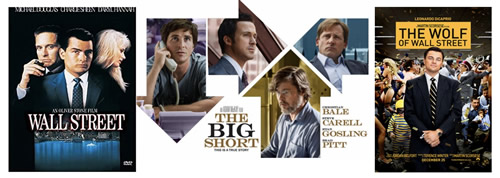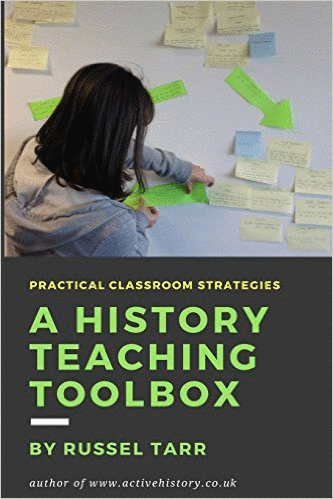World History teaching resources for the high school classroom: lesson plans, worksheets, quizzes and simulation games for KS3, IGCSE, IB and A-Level teachers.
Introduction: Economic problems in the 1920s
A gap-fill exercise introducing students to the international economic situation in the 1920s, covering such things as post-war reconstruction and the Dawes Plan.
Economic Principles - Stocks, Shares, Speculators
This worksheet introduces students to the basics of stock markets, booms and busts, the FTSI and the Dow Jones. A nice bit of cross-curricularity with economics and business!
Interactive Decision-Making Simulation
Can you survive the Wall Street Crash?
"In this interactive simulation, you will be invited to "play the stock market". In this way will learn about how a Crash can occur. You will be given a series of situations. You must decide if each one will: lead to share prices rising ( = so you buy shares to make a profit) OR lead to share prices falling ( = so you will sell before you lose money on them). As you play the game, you should be completing the detailed worksheet".

Why did a Crash happen in 1929? Could it have been prevented?
Now that students are clear on how the stock market operates in a general sense, and have completed the simulation learning about the events of the 1920s, this flowchart explains specifically how the Wall Street Crash occurred in 1929.
How did the Crash lead to a Depression? What were the political consequences?
Students sometimes find it difficult to understand how a stock market 'crash' in one country can lead to a widespread 'Depression' affecting the entire economies of many countries. This worksheet helps them bridge the gap.
Sourcework exercise - The Wall St. Crash
Modelled on GCSE-style exams, this consolidates knowledge and develops sourcework skills.
Fact? Mistake? Opinion? - The Wall St. Crash research exercise
Students are presented with an overall account of the topic with deliberate mistakes and expressions of opinion which they have to identify and correct as necessary.
How similar was the 2008 Financial Crisis to the Wall St. Crash?
One of the most important purposes of studying history is to understand the modern world. In this exercise students will consider how the Wall St. Crash helps us understand the modern financial system, by considering three particular films in the process:

Fling the Teacher Challenge
The Wall St. Crash and the Depression
Self-Marking Quiz
Wall Street Crash

© 1998-2026 Russel Tarr, ActiveHistory.co.uk Limited (Reg. 6111680)
1 Torrin Drive, Shrewsbury, Shropshire, SY3 6AW, England
Privacy Policy | Contact






